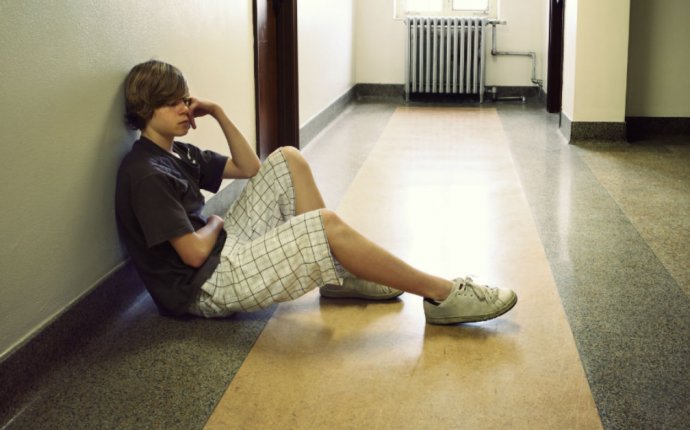
Types of Behavioral Disorders
What are Behavioural Disorders (Disruptive, Impulse-Control, and Conduct Disorders)?
There are several types of behavioural disorders, including,
These disorders affect the way a child or youth acts or behaves. Some people think a child or youth with a behavioural disorder is “bad” and may even blame a parent for their child’s behaviour. But these disorders are real problems that affect many children and youth. Fortunately, there are many different treatments and things to try at home.
What is normal behaviour?
It’s normal for children and youth to act out from time to time. They may seem grumpy or angry when they’re tired, upset or feeling a lot of stress. It’s also normal for children and youth to act out more than usual during certain times in their life. Preschool-aged children and teens in particular may seem keen to disobey or talk back. This is a normal part of growing up.
How do I know if my child has a Disruptive, Impulse-Control, and Conduct Disorder?
Oppositional Defiant Disorder
The signs of oppositional defiant disorder include very angry and negative behaviours that:
With this disorder, a child or youth may often:
You can usually see signs of oppositional defiant disorder before a child is eight years old. It starts slowly and gradually. Parents may notice the signs at home first, but the disorder may start to affect other parts of the child or youth’s life, such as school. This disorder does not usually start after the early teenage years.
The length of time that symptoms last is different for everyone. Many children and youth recover, but some may go on to develop conduct disorder or another mental health disorder.
About 1% to 11% of children and youth have oppositional defiant disorder. Before puberty, more boys than girls have the disorder. After puberty, it’s more equal between boys and girls.
Conduct Disorder
The signs of conduct disorder include behaviours that go against rules or other people’s rights and:
Conduct disorder usually happens between the ages of 6 and 15.
Most symptoms lessen or go away by the time the child or youth becomes an adult. But some may develop an adult form of the disorder called antisocial personality disorder. Conduct disorder can go along with substance use problems, and lead to problems with the law. It is important to watch for warning signs and find help early.
Studies on conduct disorders find that it affects from 2% to more than 10% of children and youth. It’s more common in boys than girls.
What causes Oppositional Defiant Disorder and Conduct Disorder?
Risk factors include:
Intermittent Explosive Disorder
This disorder is diagnosed in children who are at least six years old. These children and youth have repeated angry outbursts that are out of proportion to the situation and are not planned. These children and youth are aggressive in words and actions, damage things and property, and hurt animals and people.
Kleptomania
Kleptomania is a disorder of stealing objects and may start at different ages. Children and youth with kleptomania struggle to resist impulses to steal things that they do not need.
Pyromania
Pyromania involves setting fire repeatedly and on purpose, without a reason such as gaining money.
What mental health problems go along with Disruptive, Impulse-Control, and Conduct Disorders?
About half of children living with attention deficit/hyperactivity disorder (ADHD) also have a disruptive, impulse-control, and conduct disorder. Other challenges or disorders that may go along with an oppositional defiant disorder or conduct disorder include:
What can be done?
The earlier children and youth receive treatment, the sooner they can feel better and rebuild their relationships with others.
The main treatments for oppositional defiant disorder and conduct disorder are:
Counselling
A type of talk therapy called cognitive-behavioural therapy may help boost healthy ways of thinking. Family counselling may help the entire family work together.
Skills training for children and youth
It often helps children and youth cope with strong feelings and get along with others if they learn how to:
Skills training for parents or caregivers
This training helps parents or caregivers to learn skills and feel more confident to:
Changes at home
Changes at school
The classroom teacher may suggest changes and bring in other staff members like a counsellor to help manage the child or youth’s behaviour problems. If the behaviour problems are extremely bad, the parents and school may decide on an Individual Education Plan (IEP). These plans let the school make bigger changes to help a child. They also set goals for the child to reach. Their plan may be linked with other mental health services outside the school, like a social worker or mental health professional.









